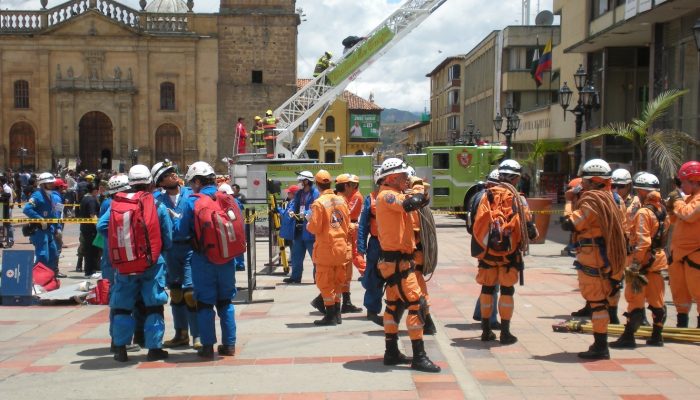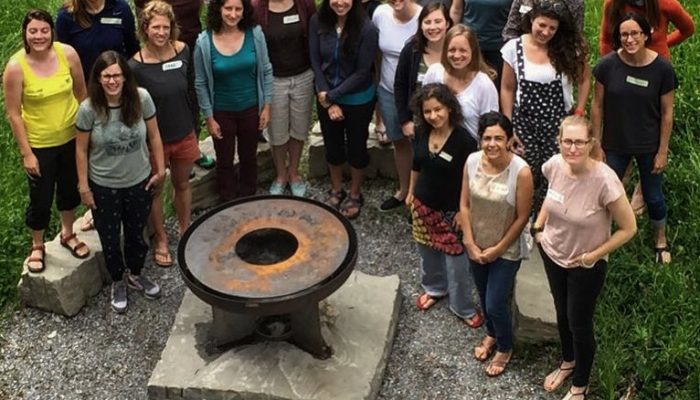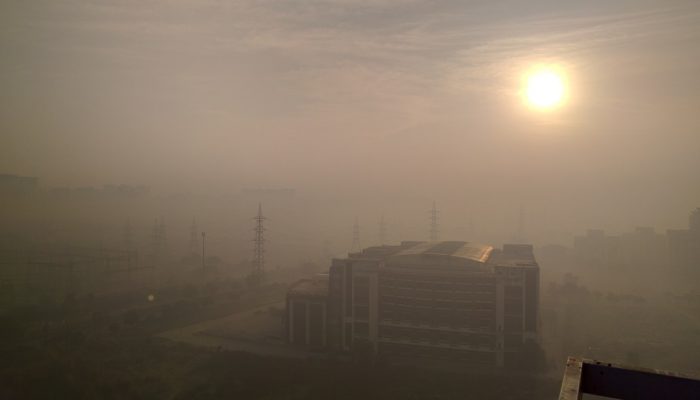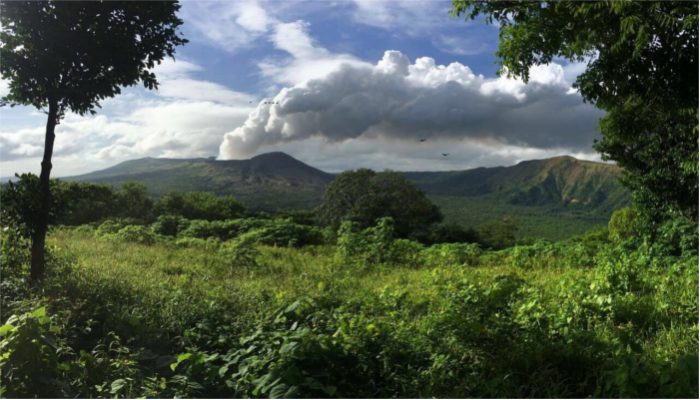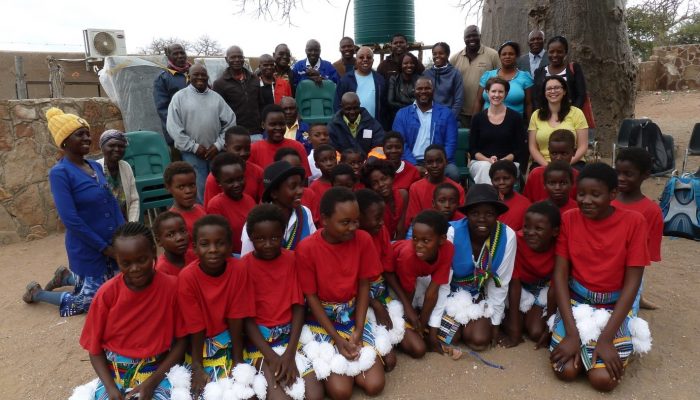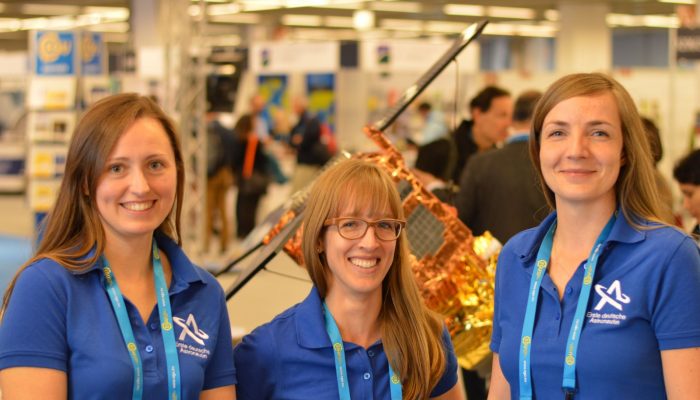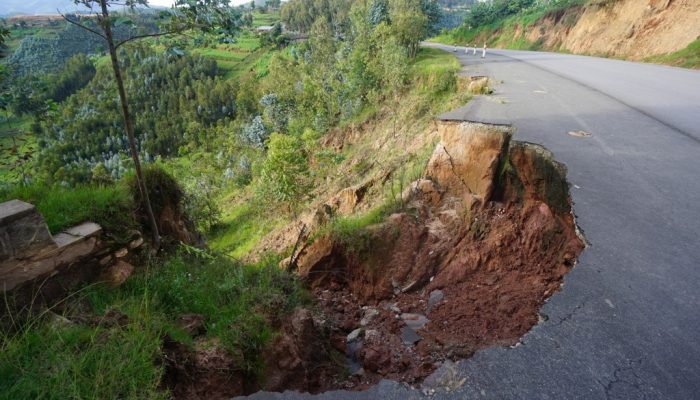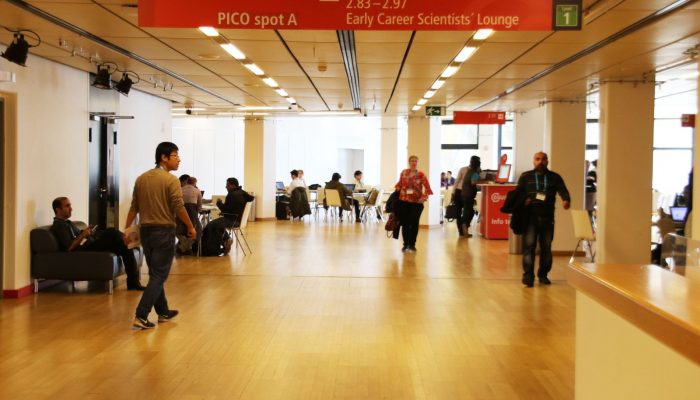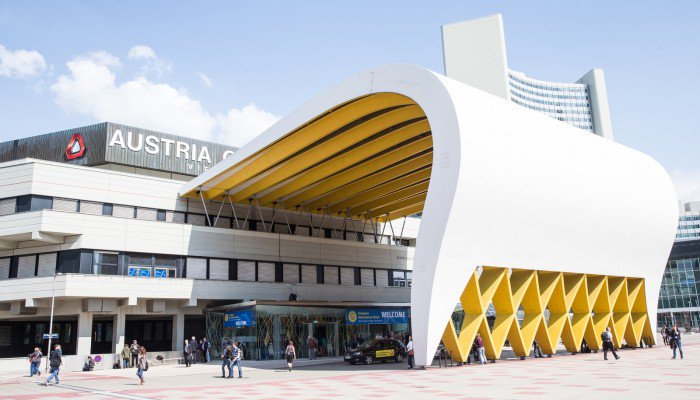Today I have the honour to introduce Prof. David Alexander as our guest. David is Professor of Risk and Disaster Reduction at University College London (UK). His expertise comprises holistic aspects of disaster risk reduction and practical matters in emergency planning and management. He has also worked as Scientific Director of the Advanced School of Civil Protection of the regional governmen ...[Read More]
If you didn't find what you was looking for try searching again.
Cryospheric Sciences
Image of the Week – Inspiring Girls!
What, you may ask, are this group of 22 women doing standing around a fire-pit and what does this have to do with the EGU Cryosphere blog? This group of scientists, artists, teachers, and coaches gathered 2 weeks ago in Switzerland to learn how to become instructors on an Inspiring Girls Expedition. But what, you may ask again, is an Inspiring Girls Expedition? Well read on to find out more… ...[Read More]
Natural Hazards
Fantastic grants and where to find them, part 1.
At some point in your career, usually, sooner than later, you will need to write a grant proposal to ensure yourself a paid research position. Funding agencies are out there waiting to receive your great and original ideas and possibly grant you some money to transform these ideas into actual science. One can spend an entire day just researching on the internet the best funding scheme. To h ...[Read More]
Geology for Global Development
Heather Britton: India’s Energy-Climate Dilemma
Heather Britton is one of our new writers, today reporting on a summary of this paper by Andrew J Apostoli and William A Gough, covering the difficulties of pursuing reduced greenhouse gas emissions whilst fuelling one of the largest populations on the planet – India. The actions of this country are contributing to the eventual achievement of UN Sustainable Development Goals 7 and 13 – Affordable ...[Read More]
Geochemistry, Mineralogy, Petrology & Volcanology
Unseen but not unfelt: resilience to persistent volcanic emissions
The last decade has been inundated with reports of environmental disasters impacting the lives of billions of people around the world. While news coverage of floods, hurricanes, earthquakes or wild fires are always accompanied with spectacular images of destruction that emphasise the speed at which they strike, a myriad of slow and latent hazards have been left in the shadow of the public attenti ...[Read More]
WaterUnderground
Everything is connected
Post by Anne Van Loon, Lecturer in Physical Geography (Water sciences) at the University of Birmingham, in the United Kingdom. __________________________________________________ In recent years the human dimension of hydrology has become increasingly important. Major flood and drought events have shown how strongly water and society are intertwined (see here and here). The hydro(geo)logical resear ...[Read More]
GeoLog
EGU geoscientists are out of this world!
Space science has always been an exciting relative of the geosciences, and so it may come as no surprise that the woman who could become Germany’s first female astronaut attended the EGU General Assembly this year. Insa Thiele-Eich has made it to the final of Germany’s ‘Die Astronautin’ competition, which intends to send a German female astronaut to the International Space Station for a ten day re ...[Read More]
Geology for Global Development
Guest Blog: Could agroforestry do more to protect Rwandans from hazardous landslides?
Megan Jamer is a geoscientist from Canada, and an avid cyclist and explorer. Megan is currently travelling around East Africa on bicycle, taking in some remarkable sites and observing first hand the relationship between geoscience and sustainable development. Today Megan makes her debut on the GfGD blog site, writing on the relationship between agroforestry, landslides, and disaster risk reduction ...[Read More]
GeoLog
At the Assembly 2017: Friday highlights
The conference is coming to a close and there’s still an abundance of great sessions to attend! Here’s our guide to getting the most out of the conference on its final day. Boost this information with features from EGU Today, the daily newsletter of the General Assembly – pick up a paper copy at the ACV entrance or download it here. The final day of the conference kicks off with the last Great Deb ...[Read More]
Tectonics and Structural Geology
You’re an early career scientist and you want to go somewhere… but where?
Only a few more days and the General Assembly of the EGU 2017 will start! Five exciting days with science and the opportunity to meet your colleagues and collaborators, both the old and the new. Earlier this week the outgoing TS President Susanne Buiter and the incoming TS President Claudio Rosenberg posted a blog with TS highlights, but what are the must-see for the Early Career Scientists? This ...[Read More]

